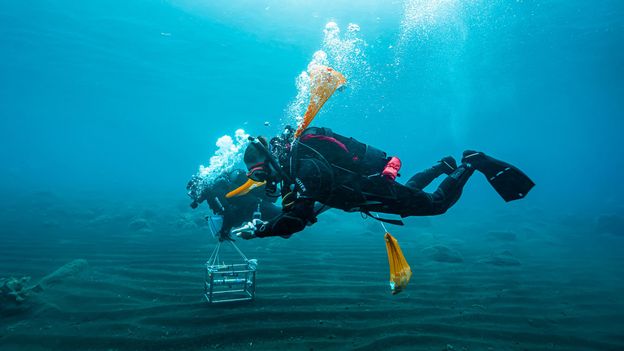Summary
Scientists are exploring the potential of microbes, particularly cyanobacteria, to help address climate change and other environmental challenges. A new strain of cyanobacteria discovered near Sicily was found to consume carbon dioxide (CO2) rapidly through photosynthesis, converting it into biomass. These microbes can capture more carbon in a shorter time frame and can be grown in non-arable land or seawater, not competing with food production. Researchers are creating a “living database” to share DNA sequences, allowing scientists worldwide to continue studying these microbes. Microbes can also be used to address the decline in pollinator populations, offering a multifaceted approach to environmental issues.



Emm, what? I’d say rampant photosynthesis by cyanobacteria is not a great way to tackle climate change. Yes, it will draw down CO2, but also produce O2. O2 is way more reactive and toxic than CO2, and generally not something you want to have too much off (unless you want to burn/explode something that is).
Maybe another ‘great oxygenation event’ is not what we should strife for…?
That is aside from other potential negative consequences of cyanobacterial blooms, which generally kill other life through toxins or by shading deeper water layers (and subsequent oxygen depletion when built up organic matter breaks down, leading to death bottom areas in the sea)